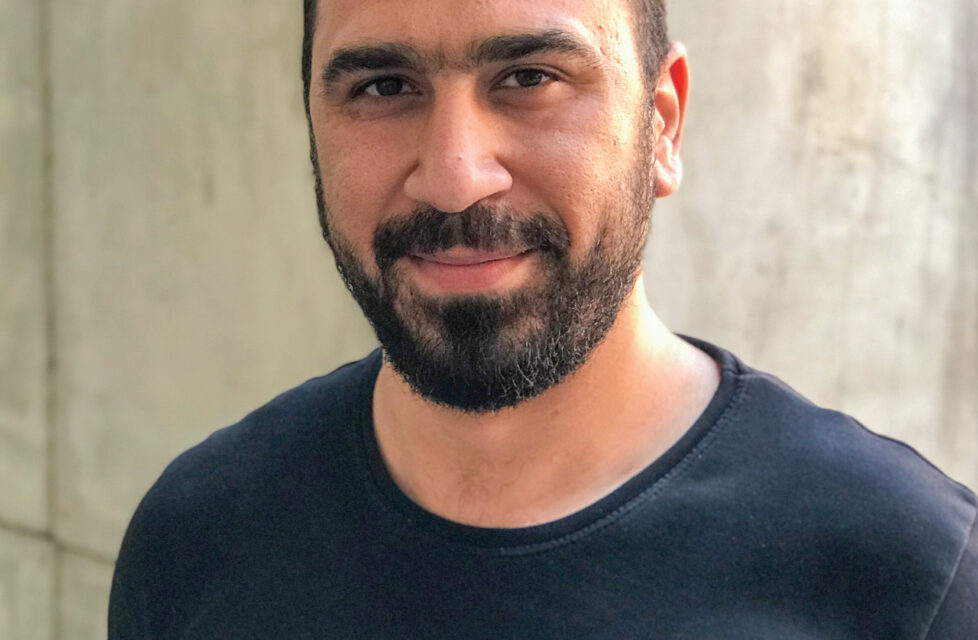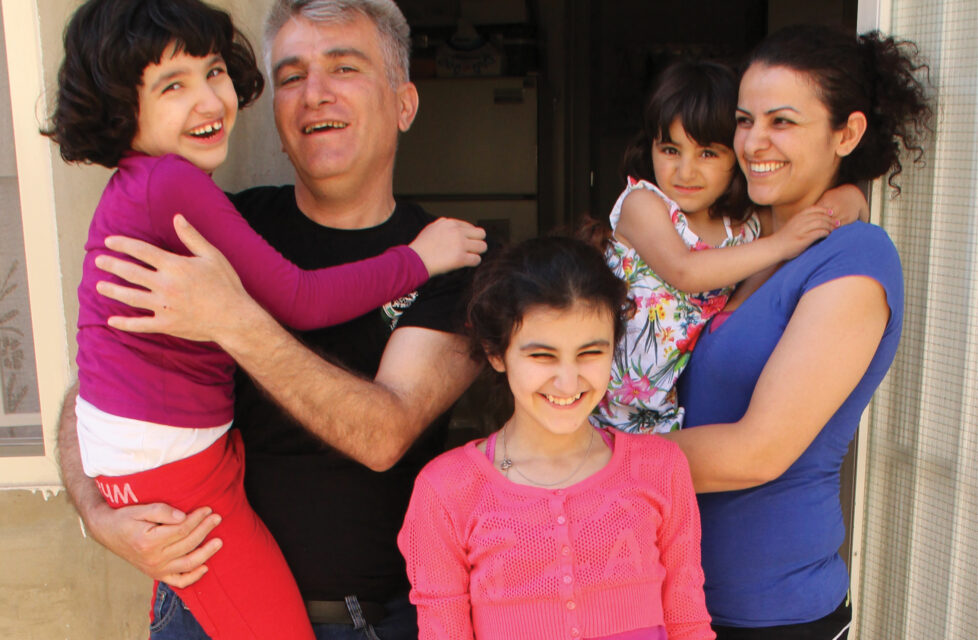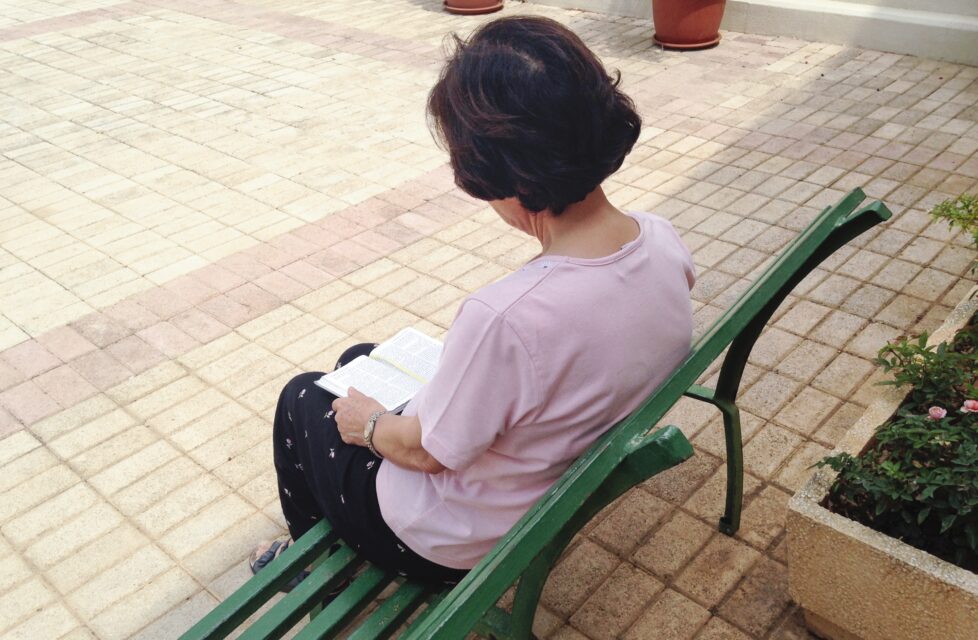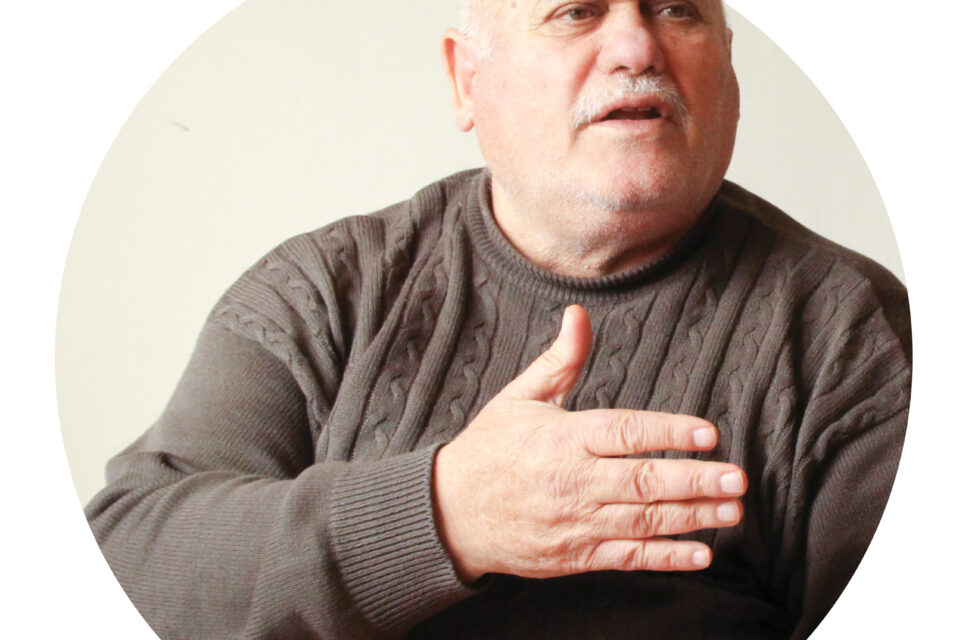Abdu Oganesyan and his father were determined to keep their workshop open, despite the civil war that was destroying their Syrian homeland. Abdu’s mother, sister and two younger brothers had moved to a larger city for safety when the war broke out in 2011, but he and his father had stayed behind to continue managing the shop. They were also concerned about protecting the land that had been in their family since 1920, when their ancestors had fled the Armenian genocide in Turkey and immigrated to Syria. When clashes between the Free Syrian Army, al-Nusra Front, Islamic Front and self-proclaimed Islamic State (ISIS) would erupt in their neighborhood, Abdu and his father would hunker down and try to avoid getting caught in the crossfire. Still, they fully expected to keep the shop open until the fighting was over. On June 1, 2014, however, their plans for the future were shattered when members of the Islamic Front, composed of foreigners from Iraq and Turkey, surrounded Abdu and a Muslim employee on the street in front of their shop. Kidnapped by Muslim Extremists The Islamists allowed the Muslim employee to leave, but they slid a black bag over Abdu’s head, held a
Read MoreIn late February 2015, the self-proclaimed Islamic State (ISIS) moved into a historically Christian region in northeastern Syria, driving Christians out of a dozen villages. Raman, an Assyrian Christian, and the rest of his village’s 130 households had known the attack was coming. For the first part of the war, the area was under Kurdish control. As the war progressed, ISIS moved in and established a camp just two miles from the village. Both sides sought the strategic location of the village, which was located at the top of a mountain. For several weeks before, ISIS fighters had shopped in the village weekly for vegetables. The jihadists warned the villagers to leave as there would be a battle. The men sent their wives and children away for protection, and they prepared to defend the village. Then on a Friday morning, ISIS soldiers appeared at the historic Assyrian church that had been standing for centuries. They told the Christians, “We are an Islamic nation. Remove the cross from your church.” The next day, they returned with two trucks full of men with weapons, and they threatened the priest: “If you refuse, we will cut your neck.” “We obeyed,” Raman said. “We
Read MoreBeginning in 2011, Islamist groups like the Islamic State (ISIS) and al-Nusra Front have been fighting Syrian government forces for control of the country. Christian villages have been overrun and church leaders forced out, leaving Christians without a shepherd. One church leader who was kidnapped and held hostage by the militants had his beard skinned off by his captors. Some have paid the ultimate price. Despite these horrors and the possibility of repeat attacks, some Christians have chosen to return to their villages. They view it as a special opportunity to reach fellow Syrians for Christ and encourage believers who remain in their village. Destroyed Buildings, Unbroken Body Our field workers received a firsthand account of a Syrian village that was overrun by al-Nusra in 2014. Militants entered the church buildings and destroyed everything in sight. They burned Bibles, hymnals and prayer books and vandalized a painting of John the Baptist in one church. They placed sandbags in the windows, tore down crosses on the steeples and used the churches as sniper positions. They pushed pews together to use as beds and destroyed large church bells that have been in the churches for hundreds of years. The Muslim militants believe
Read MoreThe evening of August 20, 2014, Abu Fadi received an urgent call from his mother. “Abu, come for me,” she cried from the Iraqi city of Mosul. Before he could respond, an Islamic State (ISIS) fighter grabbed the phone and asked Abu to confirm that he was her son. “Yes, I am her son,” Abu replied. “What is the problem?” “Today, come and take your mother and sister,” the fighter said. “If you will not come today, we will throw them in the street. Either they will be Muslim or we will leave them in the street. You just come and take them.” The ISIS fighter took all the family’s money and belongings, closed up their house and painted the Arabic letter “N” on the home, indicating Nassarah, or “Christian”. Knowing he couldn’t enter Mosul as a Christian, Abu asked a Muslim friend to bring his elderly mother and sister — both in wheelchairs — to his nearby city, which had recently come under ISIS control. Once there, the two women joined Abu and his wife and they drove toward Bashiqa in the north. However, shortly after starting their journey, their car was stopped at an ISIS checkpoint by fighters
Read More



